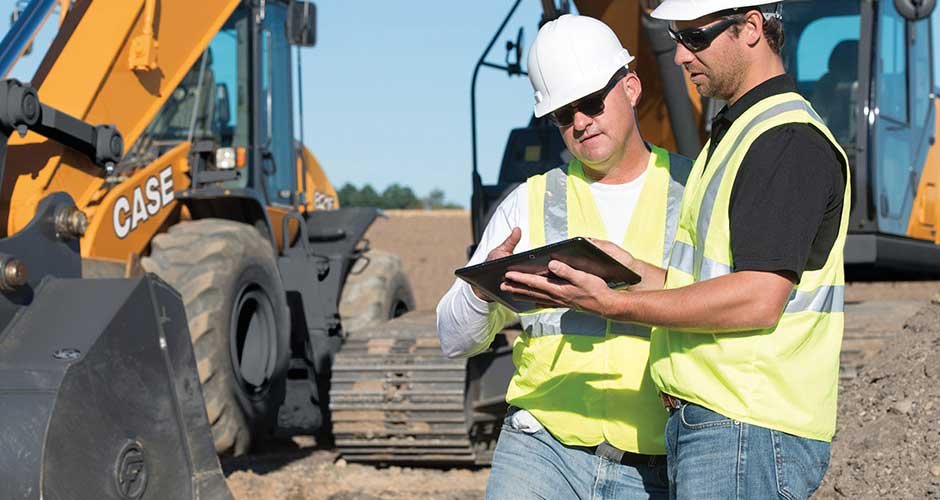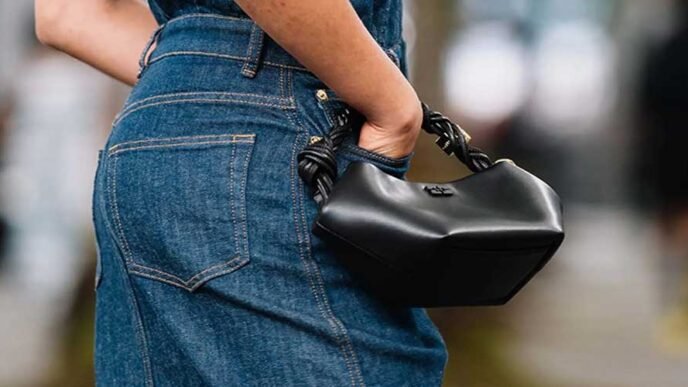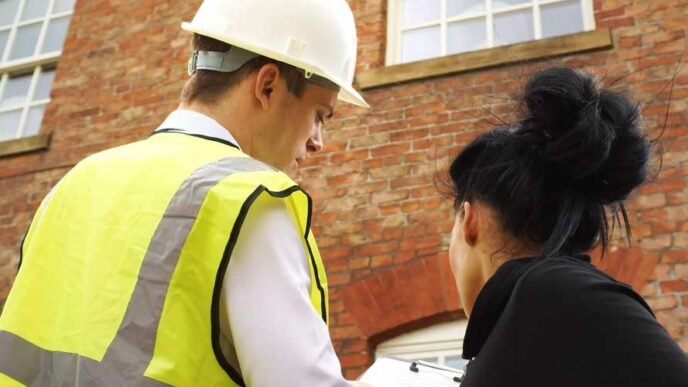Contractors and building companies spend a lot of money on tools and equipment for their work. With regular repair, this heavy machinery stays safe, working, and efficient, which extends its life and cuts down on downtime. To keep your operations going smoothly, here are some important maintenance tips for construction equipment.
1. Regular Inspections
It is very important to do regular inspections to find possible problems before they get worse. As part of daily checks, fluid levels, tire pressure, and the general condition of the equipment should all be checked. Check for damage like loose bolts and leaks. A thorough review checklist can help make sure that nothing is missed.
2. Follow Manufacturer Guidelines
Every piece of building equipment comes with a manual from the maker that tells you exactly how to maintain it and when to do it. Following these rules will help keep warranties valid and make sure the gear works as it should. This means using the right kinds of oil, hydraulic fluid, and other important chemicals.
3. Keep Equipment Clean
Construction equipment can get dirty, grimy, and full of garbage, which can cause it to wear out and break down faster than it should. Cleaning the machine regularly helps keep this buildup from happening and makes it easier to check the gear.
To get rid of dirt and mud, use a power washer and pay extra attention to places like the undercarriage and moving parts where dirt and mud can build up.
4. Lubricate Moving Parts
For construction tools to work smoothly, it needs to be oiled. Moving parts don’t rub against each other as much, so they don’t wear out or get too hot. Use the right type of grease and follow the manufacturer’s instructions for how often to lubricate. Pay extra attention to places that get a lot of stress, like joints, pivot points, and bearings.
5. Check Fluid Levels
Different types of fluids are needed for construction tools to work properly. These include engine oil, hydraulic fluid, coolant, and gearbox fluid. Check and add more of these fluids as needed to make sure they work at their best. Keep an eye out for any leaky signs, as they could mean a bigger problem that needs to be fixed right away.
6. Monitor Tire and Track Condition
Tracks and tires are important parts of building equipment that have a direct effect on how well it works and how safe it is. Check the tires for damage, correct inflation, and wheel wear. If your machine has tracks, check them for wear and make sure they are properly tensioned. Changing tires or tracks that are worn out can keep things safe and work better.
7. Replace Worn Out Parts
Parts will wear out and need to be replaced at some point, even with regular care. Watch out for things that wear out, like filters, belts, and hoses. Replace them when the maker says to or sooner if they start to show signs of wear. Using high-quality new parts will make sure that the machine works better and lasts longer.
8. Implement a Preventative Maintenance Program
As part of a preventative maintenance program, maintenance tasks are planned regularly to keep equipment in good shape and stop it from breaking down without warning. This plan should be unique to each piece of equipment and include things like changing the oil, and filters and doing full checks.
Keeping detailed records of all repair tasks can help you keep track of how well your equipment is working and find problems that keep happening.
9. Train Operators
To keep construction tools in good shape, operators must be properly trained. The people who work on the machines should know how to do simple maintenance and daily checks on the machines. Safe ways to use the equipment should also be covered in training to keep people safe and keep the equipment in good shape.
10. Store Equipment Properly
Construction equipment should be kept in a safe, covered area when it’s not in use to keep it safe from the weather and possible theft. Rain, snow, and very high or very low weather can do a lot of damage over time. If you have to store things outside, make sure to cover any fragile parts and check the gear often for damage caused by the weather.
11. Use Equipment for Its Intended Purpose
When you use construction tools for things it wasn’t made for, it can get worn out quickly and break. Make sure that the people who are operating each piece of equipment know what it can and can’t do and use it correctly. Not only does overloading or improperly using equipment make it more likely to break down, but it can also make it less safe.
12. Keep Records
To keep track of the condition and performance of construction equipment, it’s important to keep thorough records of all maintenance tasks. Inspections, repairs, part replacements, and any problems that were found should all be written down in these notes.
This paperwork can help you find trends, plan future maintenance, and give you useful information during audits or when you’re selling the property.
13. Monitor Equipment Usage
By keeping track of how and when equipment is used, you can learn more about how it wears and how to better plan its repair. Telematics or GPS tracking systems can be used to keep an eye on how equipment is used, including how long it is used, how much fuel it uses, and how long it is idle.
This information can be used to make repair plans and find ways to make things run more smoothly.
14. Address Issues Promptly
When you ignore small problems, they can grow into big ones later on. If a check finds a possible problem, you should fix it right away to avoid more damage and more expensive repairs. Fixing small problems quickly can also help projects stay on track and avoid long periods of downtime.
15. Consider Professional Maintenance Services
If you need help with complicated or specialized maintenance chores, you might want to hire professional maintenance services. These professionals have the right tools and know-how to do thorough checks, figure out what’s wrong, and fix things quickly. You can also give your team more time to work on key construction tasks by outsourcing maintenance.
The Importance of Regular Construction Equipment Maintenance
Construction equipment needs to be serviced regularly to make sure it stays safe, works well, and lasts a long time. By using these maintenance tips, you can keep your tools in great shape and cut down on downtime and repair costs. You can also check out ConX Hire if you need well-maintained construction equipment.
Maintenance that is done the right way will save you time and money in the long run and keep your building projects on track and your tools in great shape. Being proactive about maintaining your equipment not only makes it last longer but also makes your activities safer and more productive.
If you follow these upkeep tips, you can protect your investment and make sure that your building projects are successful.












